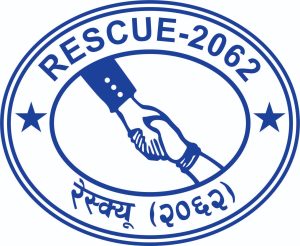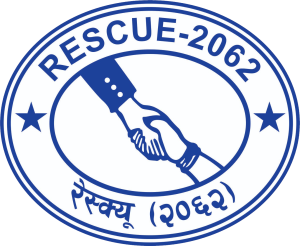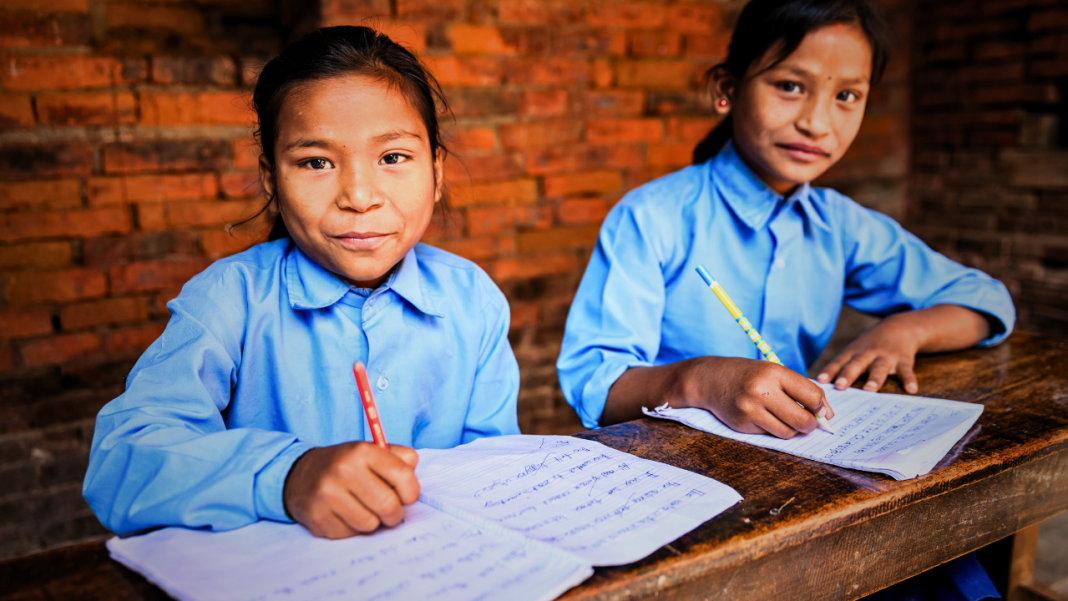Nepal, a nation rich in cultural heritage and natural beauty, faces significant challenges in ensuring the education and rights of its children. Despite notable progress in recent years, numerous obstacles persist, particularly in rural and remote areas.
Education System and Access
The education system in Nepal is structured into primary, lower secondary, secondary, and higher secondary levels. The government has made substantial efforts to increase school enrollment, particularly at the primary level. According to UNICEF, the net enrollment rate at the primary level is around 97%. However, access to quality education remains uneven. In remote areas, schools are often understaffed and lack basic facilities, making it difficult for children to receive a proper education.
Barriers to Education
Several barriers hinder the educational progress of children in Nepal. Poverty is a significant factor, as many families cannot afford school-related expenses such as uniforms, books, and transportation. Child labor is another issue; children from impoverished families often work to support their households, thus missing out on educational opportunities. Additionally, gender disparities still exist, with girls in certain regions facing cultural and social barriers that impede their education.
Legal Framework and Child Rights
Nepal has ratified the United Nations Convention on the Rights of the Child (UNCRC), committing to uphold children’s rights to education, protection, and participation. The Constitution of Nepal guarantees the right to free and compulsory basic education and free secondary education. However, the implementation of these rights is inconsistent, particularly in marginalized communities.
Efforts and Initiatives
Various governmental and non-governmental organizations are working to improve the situation. Programs focused on building schools, training teachers, and providing scholarships to underprivileged children are being implemented. International organizations like UNICEF and Save the Children are actively involved in promoting child rights and education in Nepal.
The Road Ahead
While significant strides have been made, much work remains to be done to ensure that all children in Nepal can exercise their right to quality education. Continued efforts to address poverty, eliminate child labor, and promote gender equality are crucial. By fostering an inclusive and equitable education system, Nepal can unlock the potential of its youngest citizens and pave the way for a brighter future.
In conclusion, while Nepal faces considerable challenges in child education and rights, ongoing efforts and a strong legal framework provide hope for continued progress. Ensuring every child has access to quality education is not only a legal obligation but a moral imperative for the nation’s growth and development.



